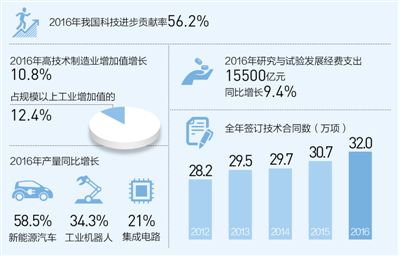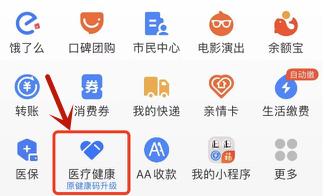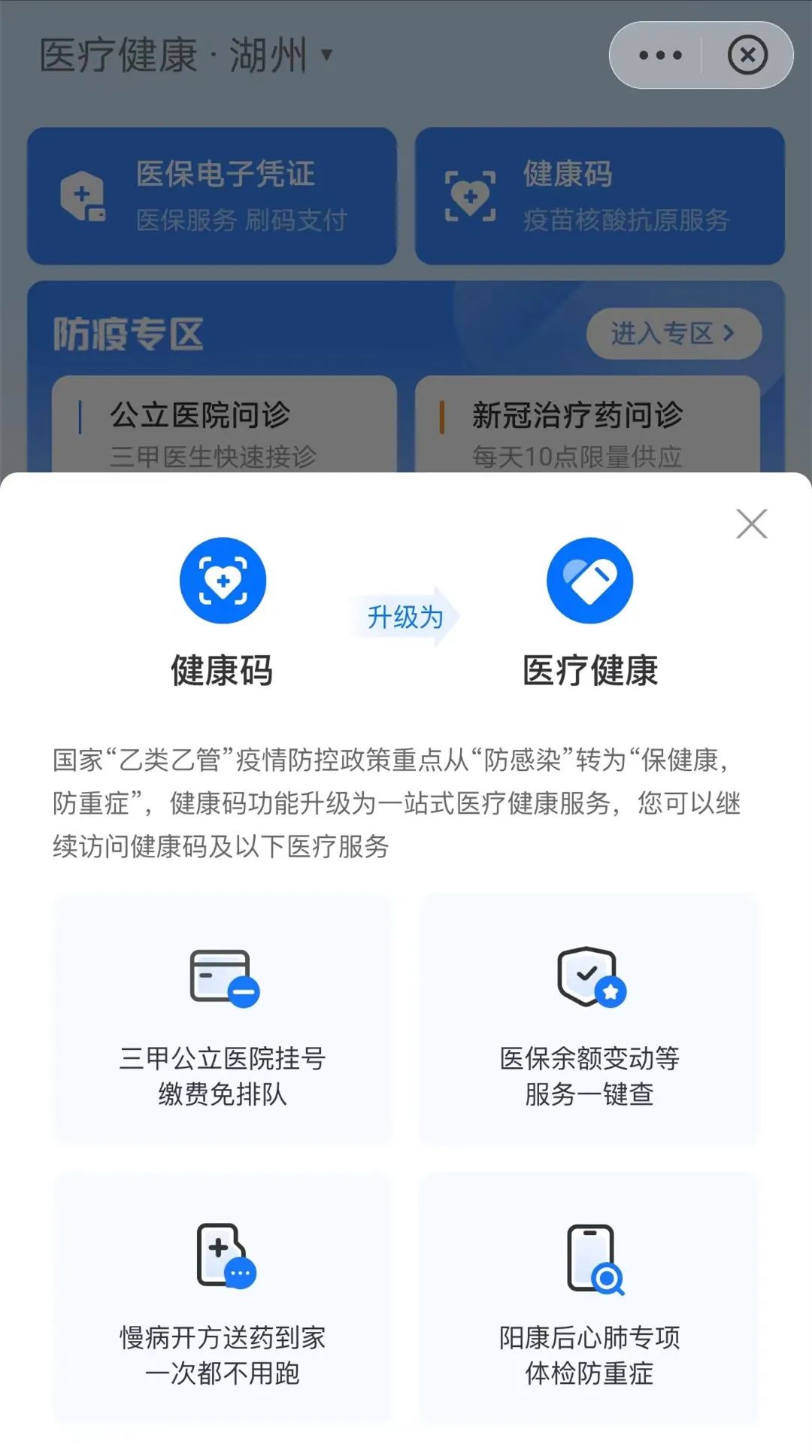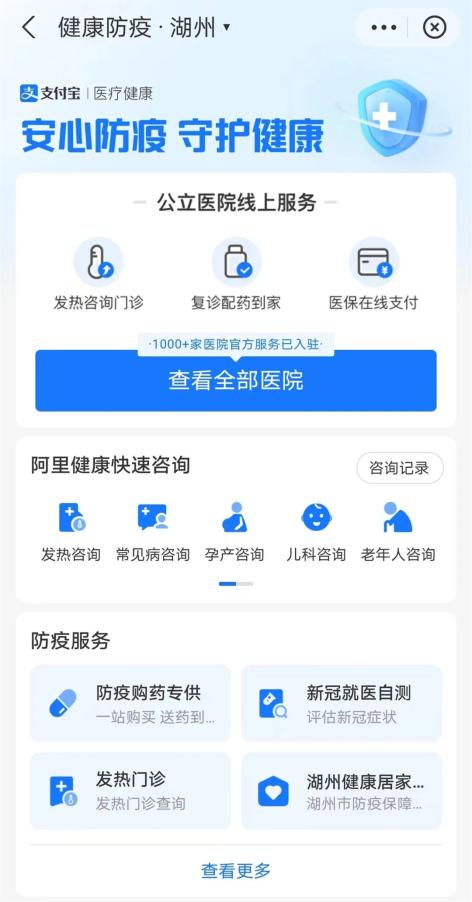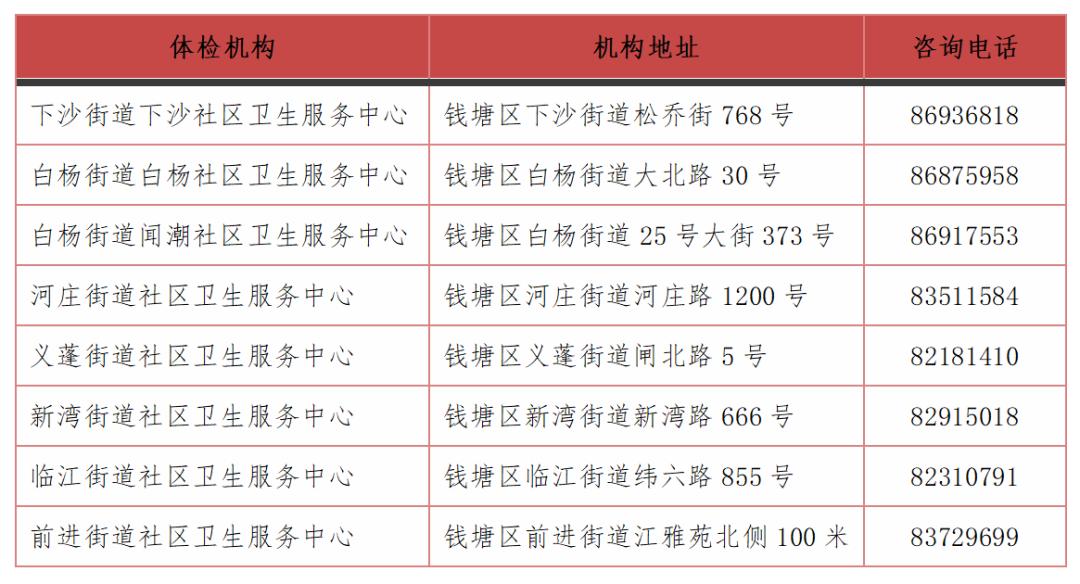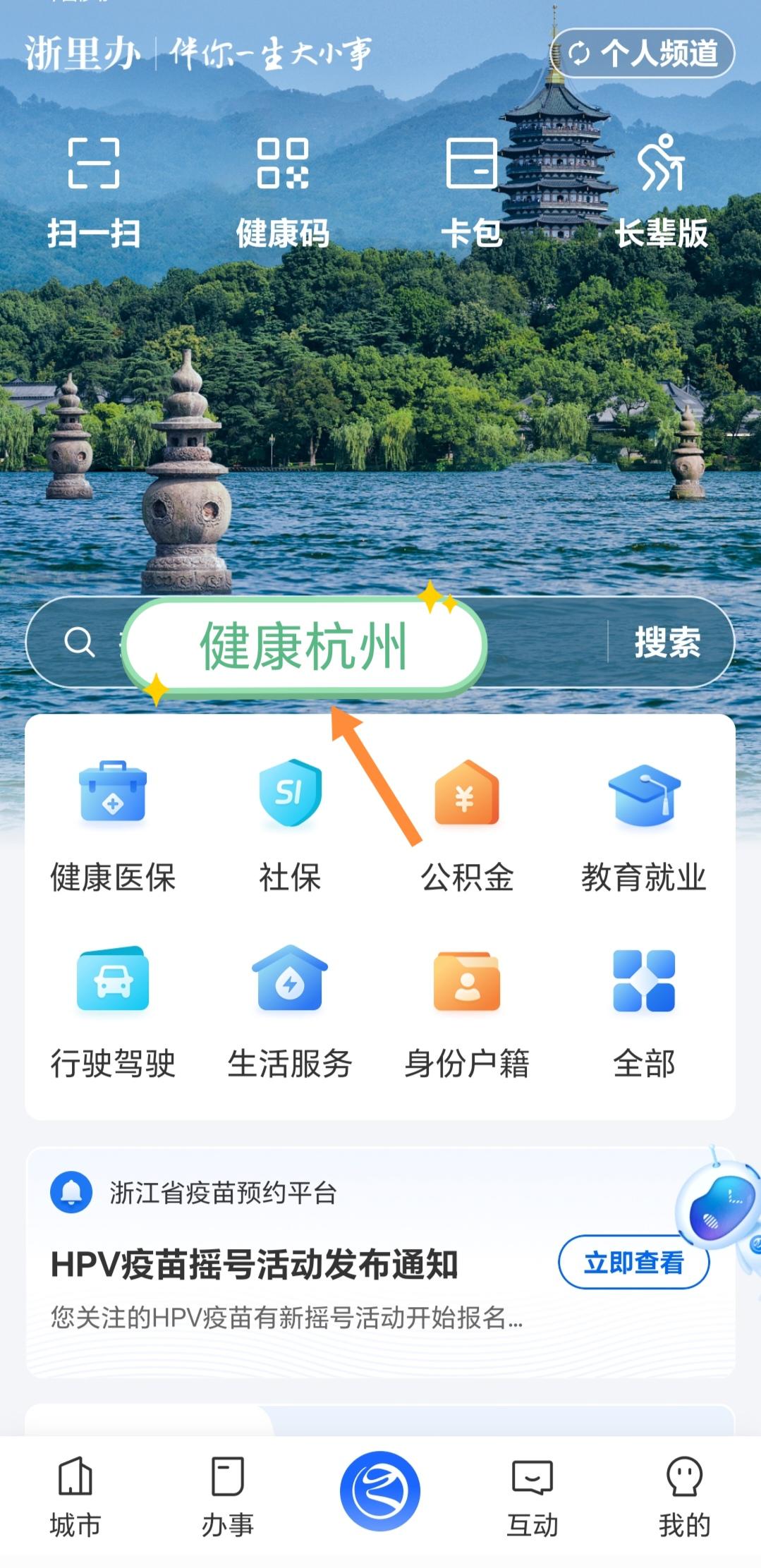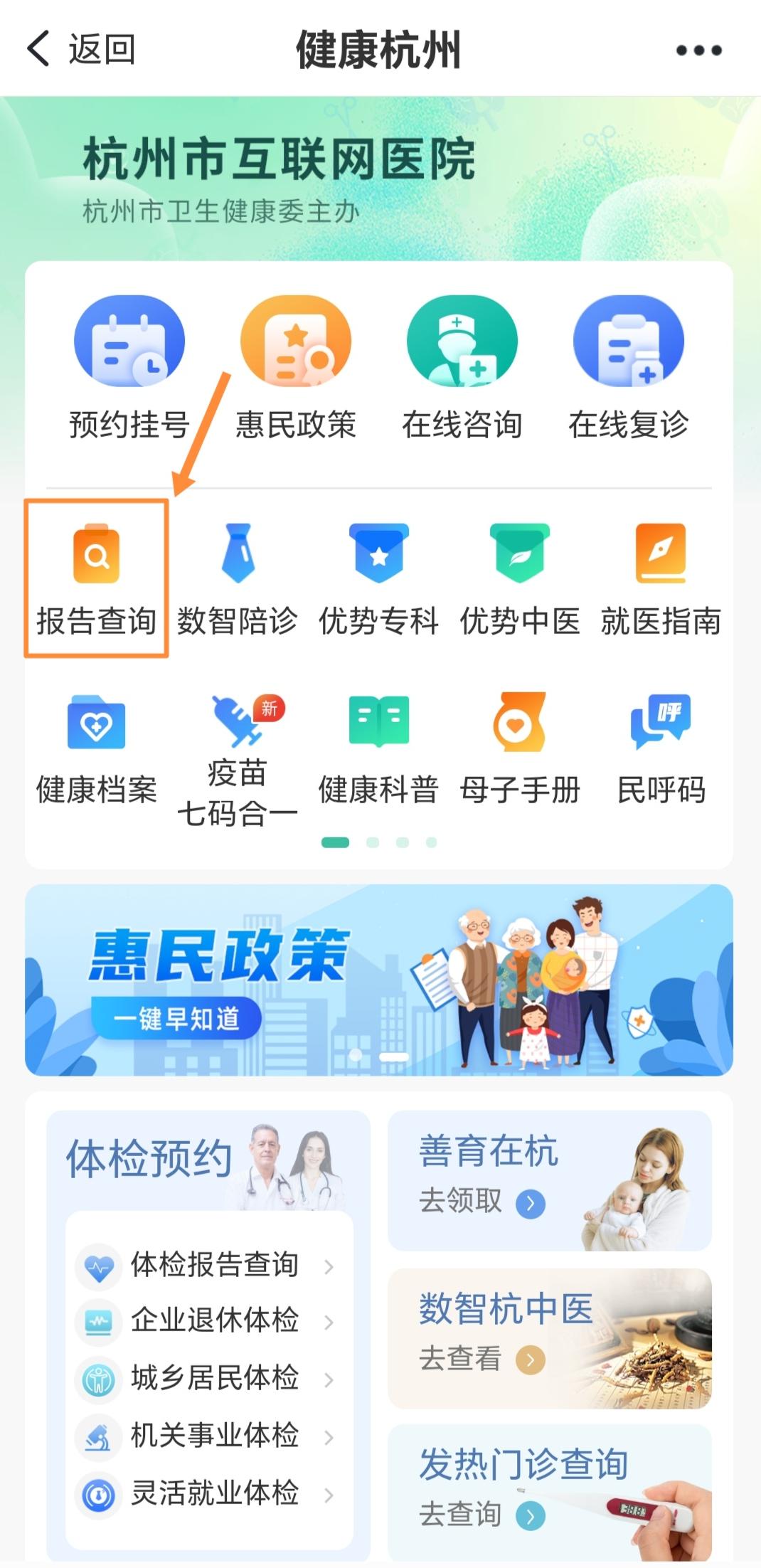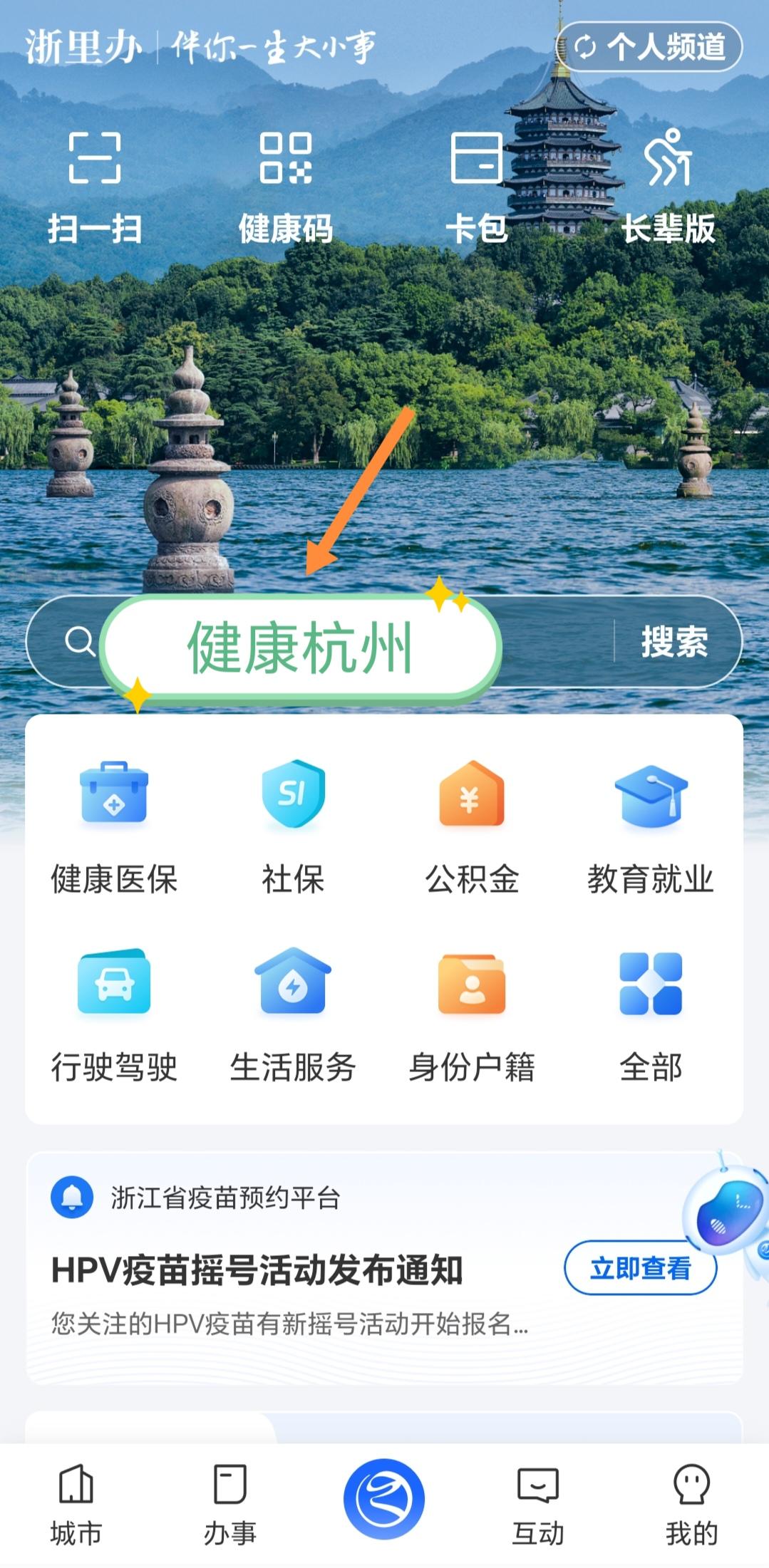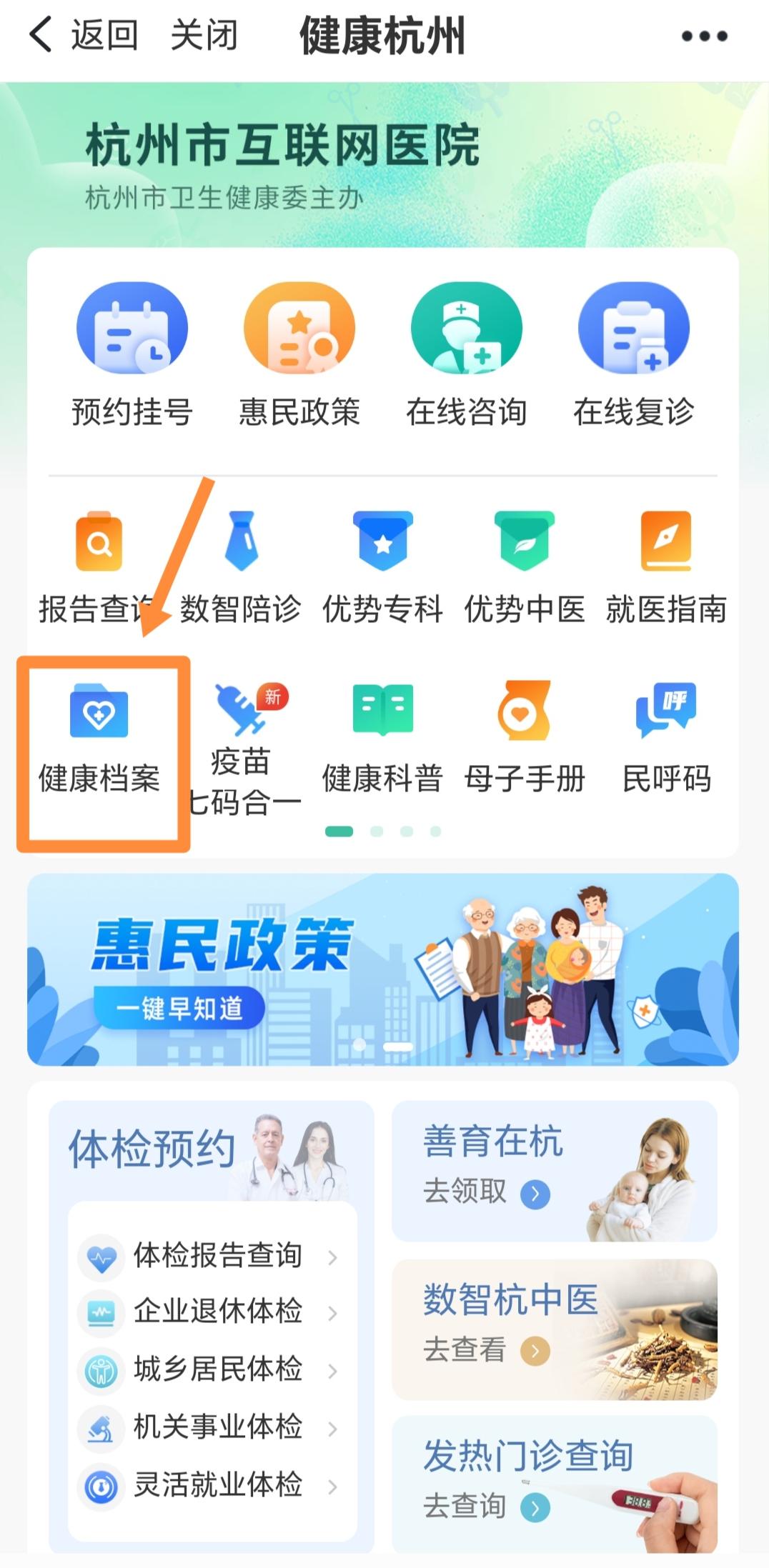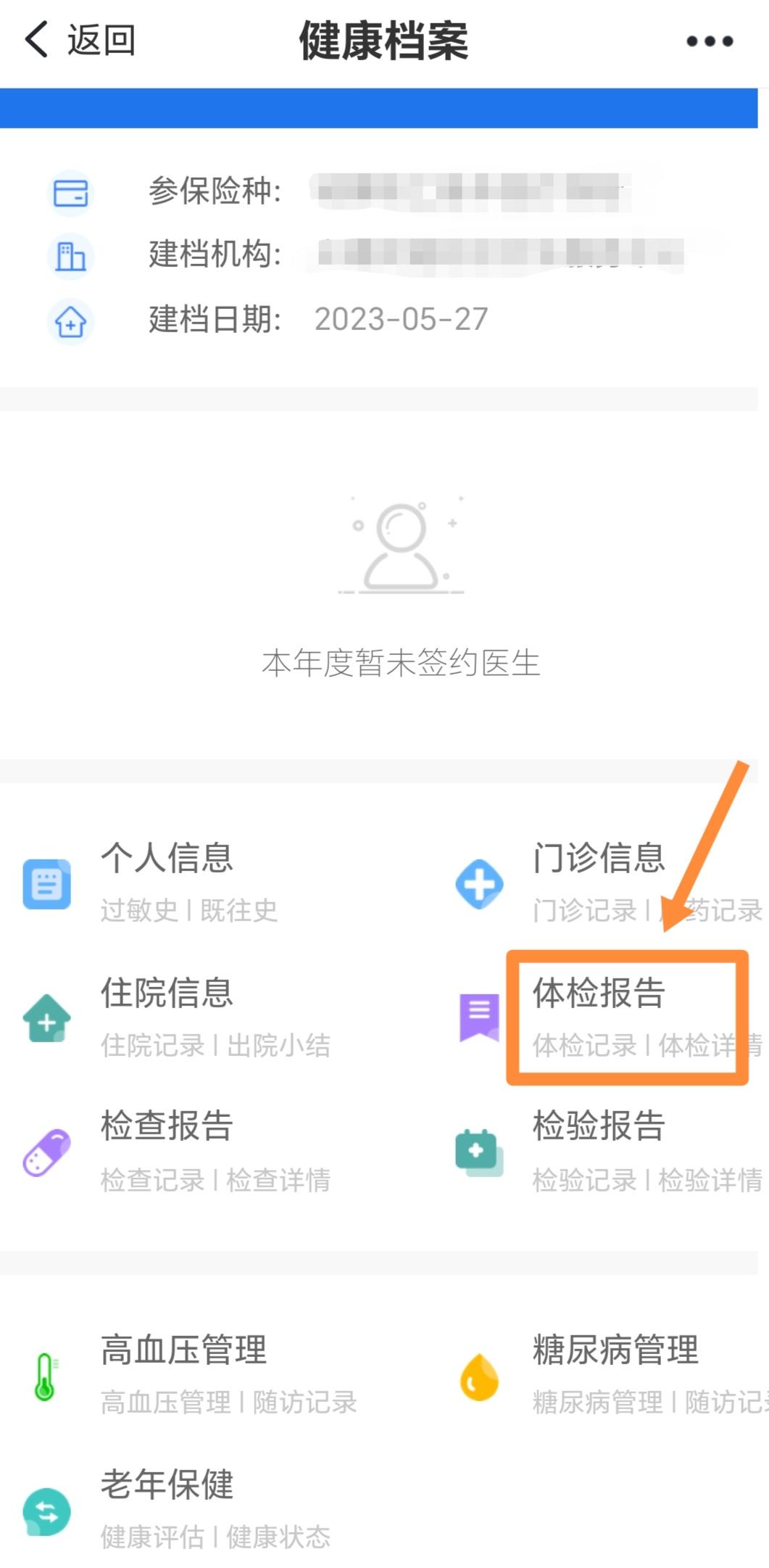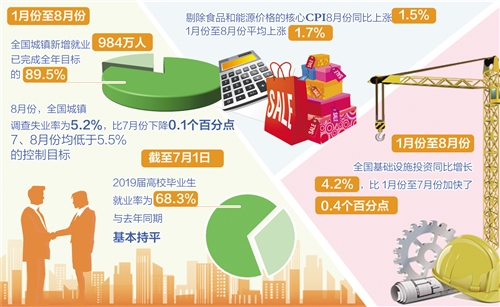Xinhua News Agency, Beijing, July 11th (Reporter Wang Yu, Yu Jiaxin, Yu Wenjing, Gao Kang) According to the latest data from the National Bureau of Statistics, the online retail sales in China increased by nearly 40% in the first five months of this year. With the continuous penetration of the Internet into various industries, online consumption is growing at a rate of four times of the total retail sales of social consumer goods, becoming the brightest spot in China’s current consumption field.
What changes have been brought about by the sudden emergence of online consumption, what impact has it had on the traditional retail industry, and has the China consumer market formed a new pattern? A few days ago, Xinhua News Agency reporters visited many consumers, e-commerce enterprises, traditional retail enterprises, experts, scholars and government departments to explore the new changes in consumption in China under the background of the Internet.
The change of consumption mode: stepping into the era of personalized interactive consumption
Get up in the morning, weigh yourself and measure your body fat with an online smart weight meter, order a taxi with Didi Express before going out, order food with Hungry at noon, and buy some food and clothing for your pet cat with your mobile phone … At the end of the day, Jia Hailan, a post-90s girl, found that most of her wallet changes were related to the Internet.
Jia Hailan’s mobile network consumption is a microcosm of many people’s consumption life at present. Data show that by the end of 2014, the number of online shoppers in China has reached 360 million, accounting for nearly a quarter of the population, and it has become the largest online retail market in the world for the second year in a row. At present, online consumption accounts for more than 10% of the total retail sales of social consumer goods, which is equivalent to the catering industry.
The data shows that a new era of consumption has arrived. More and more shopping software is installed in mobile phones, new user experiences are introduced by major shopping websites, and the courier brother who walks through the streets every day … The rapidly changing online consumption is coming.
"It is completely different from the wave-discharging and imitation consumption in the past. The network platform has accelerated the rise of personalized and interactive consumption methods." Zhao Ping, deputy director of the Consumer Economics Research Department of the Ministry of Commerce, said.
Experts believe that when a country’s per capita GDP exceeds $7,000, mass consumption begins to enter the stage of personalized and customized consumption from imitation and wave-discharging consumption. "With the large-scale application of mobile internet technology, this change is more obvious in China." Zhao Ping said.
"Under the background of the Internet, social consumption presents three irreversible changes: online shopping groups are spreading from the younger generation to the whole people, online shopping on the PC side is rapidly replaced by online shopping on the mobile side, and imitative consumption is increasingly changing to personalized consumption … With the further development of big data technology, mobile payment and modern logistics, these irreversible changes will inevitably profoundly change the consumption pattern in Chinese." Shang Yan, director of the online marketing department of "COFCO I buy the net", judged.
The change of management mode: the traditional shop owners accelerate the transformation.
This is an era of change. The vigorous rise of emerging e-commerce has brought unprecedented impact to the traditional retail industry.
According to the report released by China’s retail website Lianshang.com, in 2014, major domestic retail enterprises (excluding home appliances and electrical appliances) closed 201 stores, a sharp increase of 474.29% compared with the number of 35 stores closed in 2013, the highest in the history.
"If you don’t go to eat, sing songs and watch movies by the way, it seems difficult to convince yourself to spend more time and buy a product with the same style that has been placed on the shelf for many days at a more expensive price today." Jia Hailan said.
Behind the gradual decline of traditional shopkeepers is the subversion and change of traditional business culture by the Internet. Wang Jinbin, a professor at the School of Economics of Renmin University of China, believes that traditional department stores adhere to the business culture centered on merchants, while the business culture in the Internet age is centered on consumers.
In the investigation, the reporter found that in order to retain consumers, many department stores are accelerating their transformation, which can be described as eight immortals crossing the sea and showing their magical powers: some can enjoy services such as low prices by scanning QR codes; Some accelerate the "de-department store" and strive to build a shopping center integrating shopping, catering and entertainment; Others have launched their own online shopping malls and APP clients, and launched discounts and home delivery services.
Over the rainbow Shopping Mall, a top 100 China chain company headquartered in Shenzhen, is a representative. In the past two years, over the rainbow, a traditional department store, has accelerated its transformation, and initially formed a three-dimensional e-commerce model of "physical store+PC+mobile terminal" of "over the rainbow micro-products+online over the rainbow+over the rainbow WeChat", and established an omni-channel from physical store to online and offline integration.
"At present, over the rainbow’s mobile big data analysis has started. On the one hand, collect customers’ online consumption behavior and integrate online and offline data; On the other hand, through the store’s wifi, ibeacon to collect customer behavior data when participating in interactive activities or sending them to Weibo friends circle. After mastering the data, you can understand the interests and hobbies of customers through analysis, so as to achieve refined push and marketing on the mobile side. " Tan Xiaohua, vice president of over the rainbow E-commerce Division, said,
"Being close to consumers is king." Wang Desheng, deputy director of the Department of Circulation Development of the Ministry of Commerce, believes that the "internet plus" is a rare opportunity for the transformation and upgrading of the traditional department store industry, and the department store industry should change from simply establishing online channels to three-dimensional integration of online and offline channels.
However, the reporter’s investigation found that although the traditional department store industry struggled to transform, some department stores only passively "touched the net" and lacked further intensive cultivation. They only made minor repairs on the basis of the original entity operation, and did not really take Internet thinking as the leading factor to create a new business ecology.
Zhao Ping believes that the advantages of physical stores still exist, whether it is the brand reputation established for many years or the zero-distance feeling with physical goods. Only by making good use of these advantages, taking the initiative to open Internet thinking and getting closer to consumers can traditional shopkeepers gain a firm foothold in this consumption change.
The change of consumer demand: is it "left pocket and right pocket" or adding a new pocket?
Despite the rapid growth of online consumption, the growth rate of retail sales of social consumer goods, which represents the consumption level, has always hovered around 10%, and has not changed much. How much does the lively online shopping pull consumption, is it the "left pocket and right pocket" of consumption amount, or the reconstruction of consumption increment? How much of the surge in online consumption is a substitute for traditional consumption, and how much is the creation of new consumer demand? The reporter visited many people in the industry with questions.
Network experts pointed out that because the Internet has the characteristics of openness, transparency, decentralization and information integration, on the one hand, Internet consumption simplifies the circulation of traditional consumption, on the other hand, it also solves the problem of information asymmetry between merchants and consumers, and even realizes the mining of consumption potential through the wide application of big data technology.
"The Internet itself does not generate consumption, but only promotes the docking of circulation and information, but it is this docking that makes it possible to stimulate new consumption." Zhang Jindong, chairman of Su Yun E-commerce, said.
"In traditional consumption, a commodity has to go through many links from production to wholesale, to distribution and then to distribution, and finally it can reach consumers, while online consumption greatly simplifies the process, reduces costs and ultimately benefits consumers. In addition, in online consumption, consumers can learn more product information online, effectively alleviating the problem of information asymmetry. " Wei Li, director of rookie network strategic cooperation, said.
How much of the surge in online consumption is a substitute for traditional consumption, and how much is the creation of new consumer demand? According to a report by McKinsey, about 40% of online consumption belongs to alternative consumption, while 60% of online consumption belongs to newly created consumption. Because of the innovation of the Internet, the innovation of goods and services will be promoted, which will stimulate consumers’ new consumption demand.
Create new consumption, because big data technology is particularly obvious. Johnson Lu, vice president of Alibaba, pointed out by taking the clothing industry as an example that the Internet can record and integrate consumers’ consumption tendencies through big data technology and form an account system. Then in the future, clothing enterprises can completely record everyone’s figure and data consumption tendency, so as to achieve "tailor-made" and form new consumer demand.
"Innovation based on Internet technology can provide more diversified products for different consumers and stimulate new consumer demand that is different from the past." According to Guan Qingyou, Executive Dean of Minsheng Securities Research Institute, the changes in the supply level caused by Internet technology have opened up a brand-new consumption pattern.
Behind the new changes in consumption, there is a profound industrial foundation. Economists believe that compared with the traditional industrial model characterized by assembly line and standardization, the third industrial revolution based on Internet technology is opening a more personalized and miniaturized production and business model.
"Due to the industrial penetration of the Internet, the standardized and assembly-line industrial production mode has begun to evolve into a personalized and customized industrial production mode, making the future consumption behavior more personalized and diversified. We are entering an era of private customization." Tang Min, an economist and the State Council counselor, thinks.
